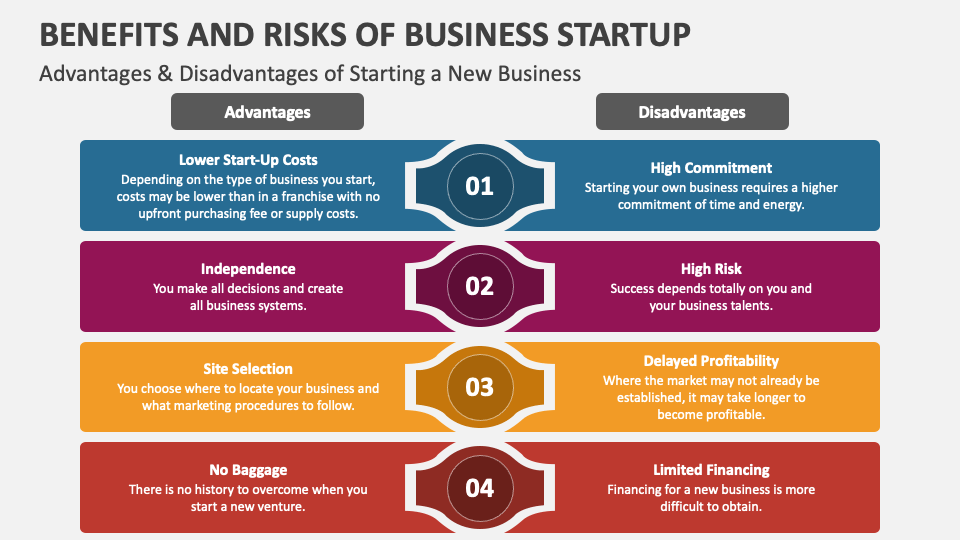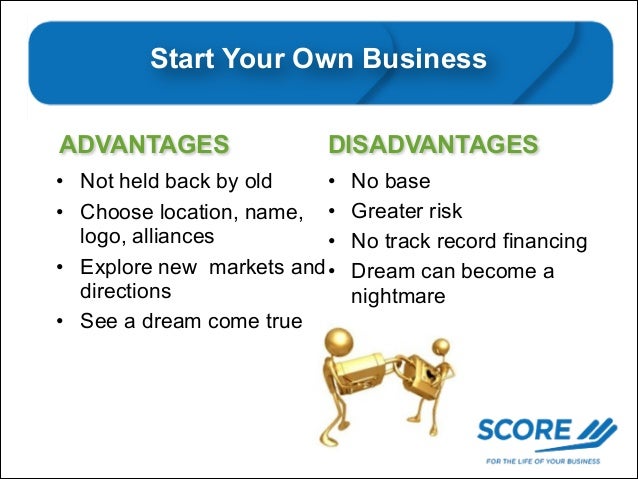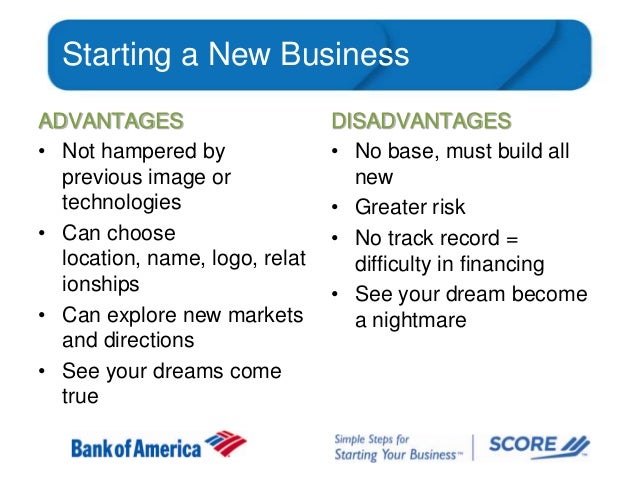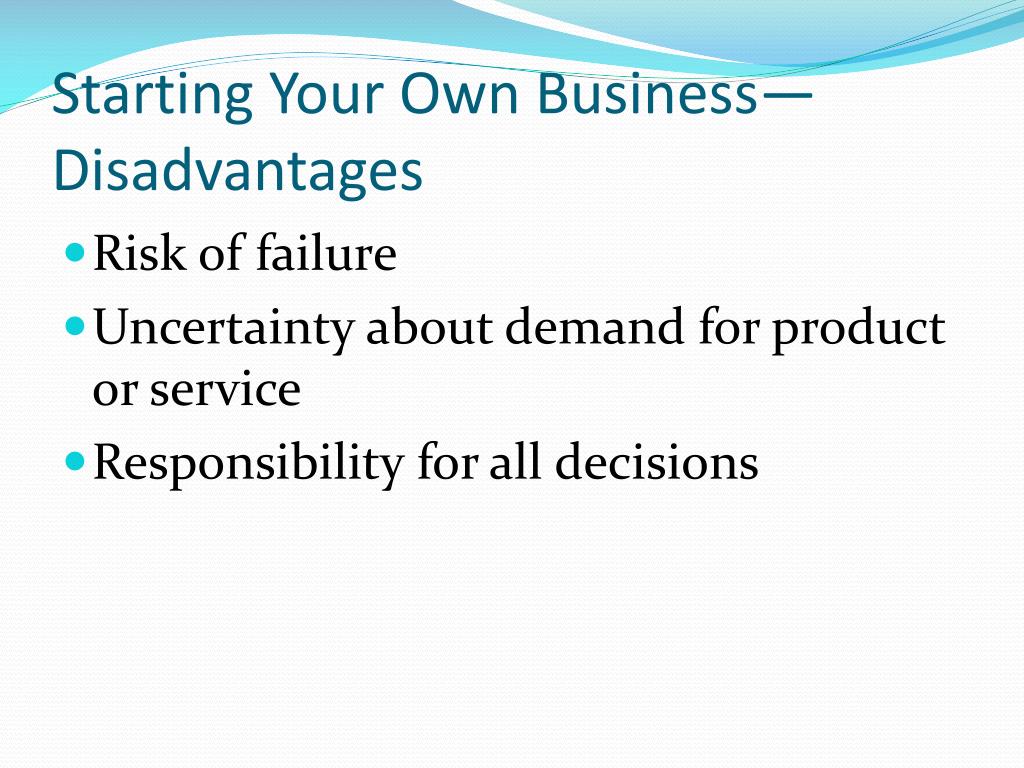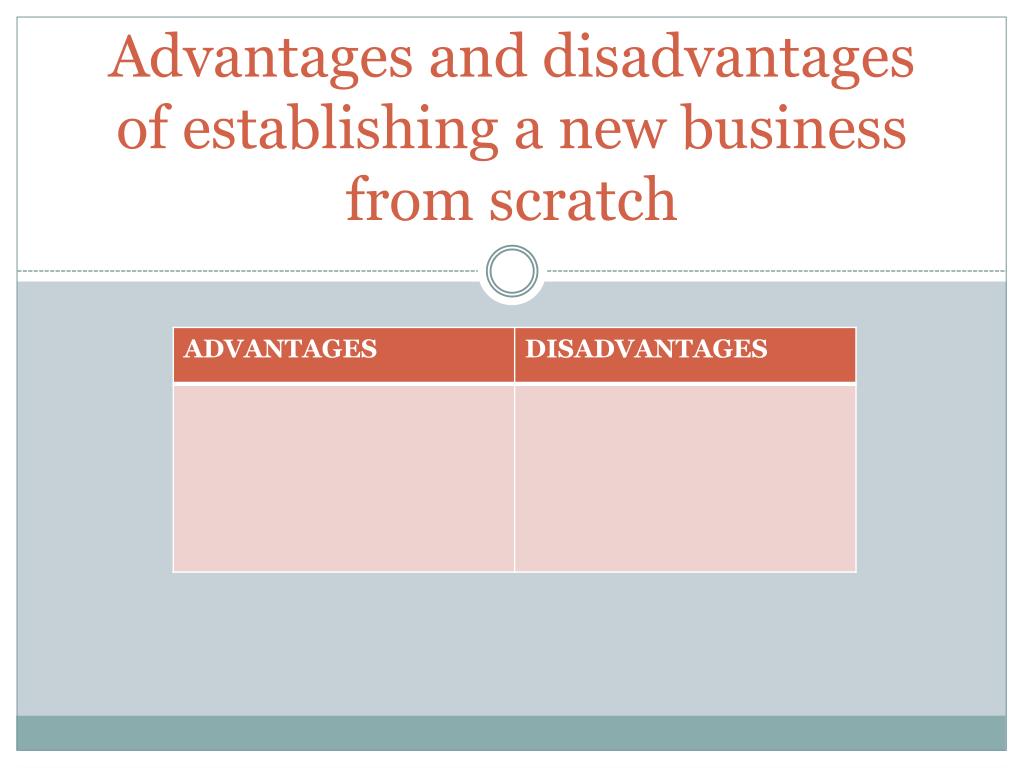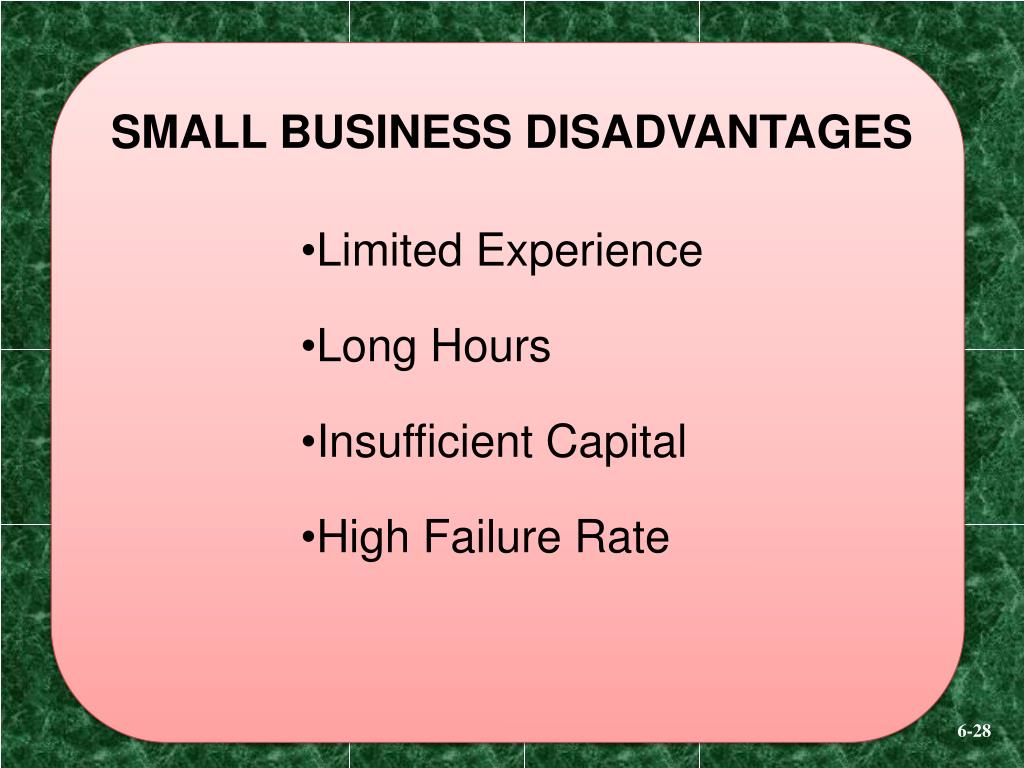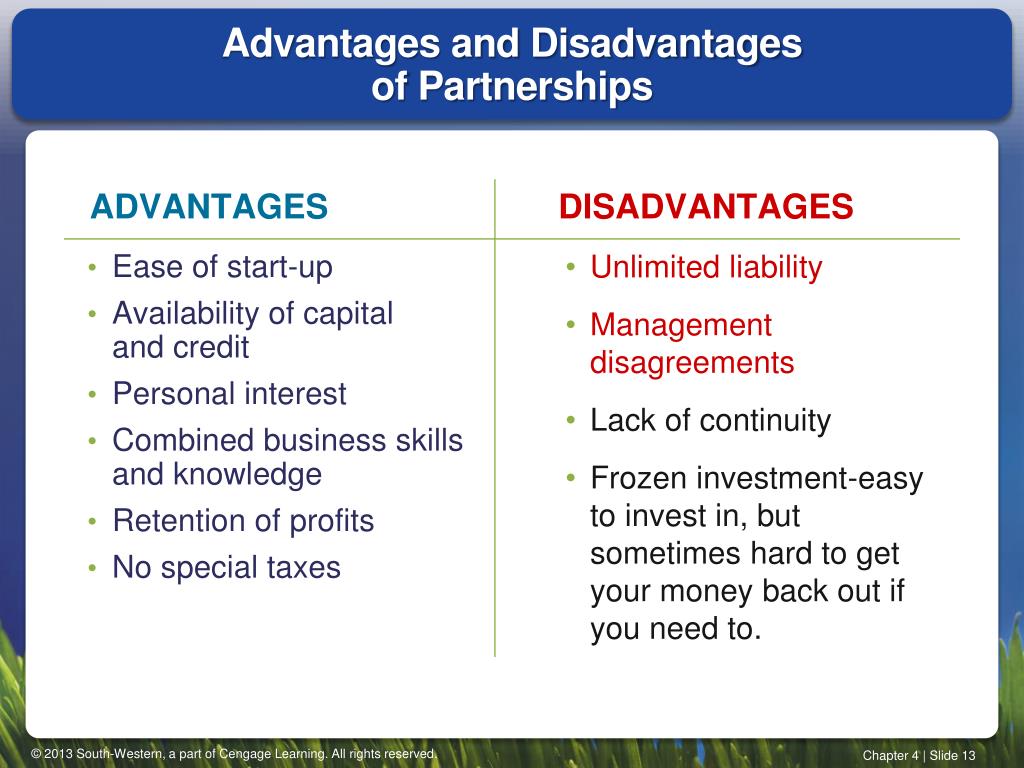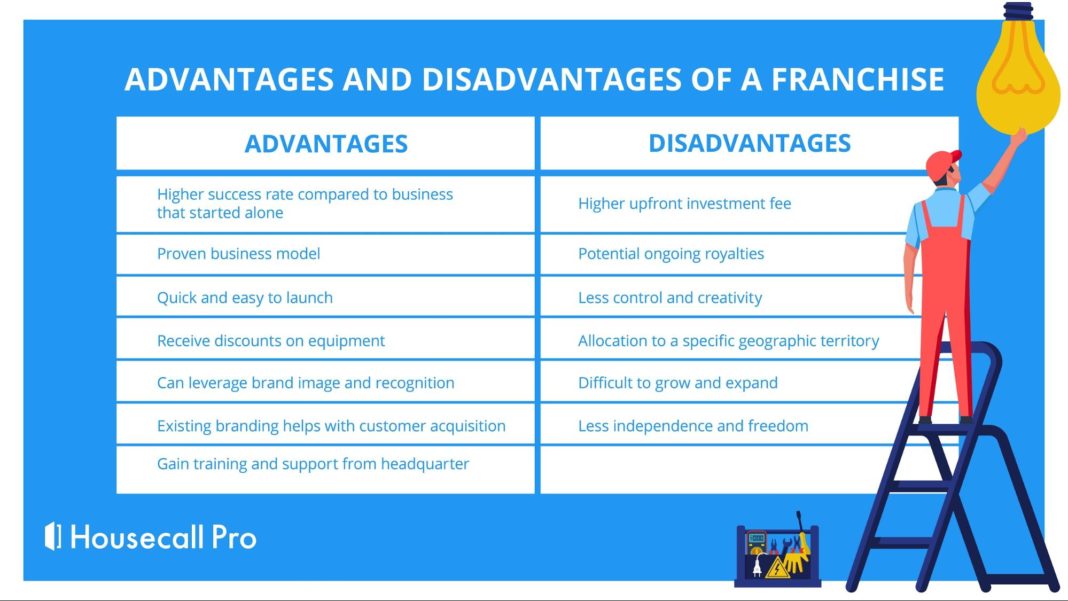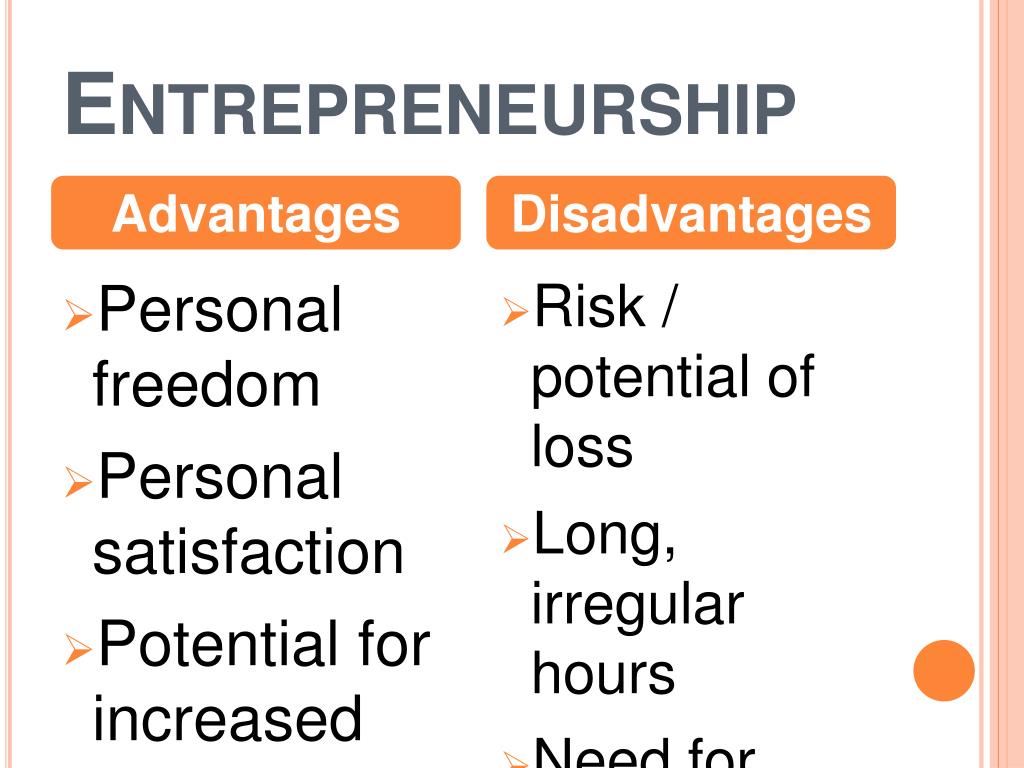Advantages And Disadvantages Of Starting Up A Business
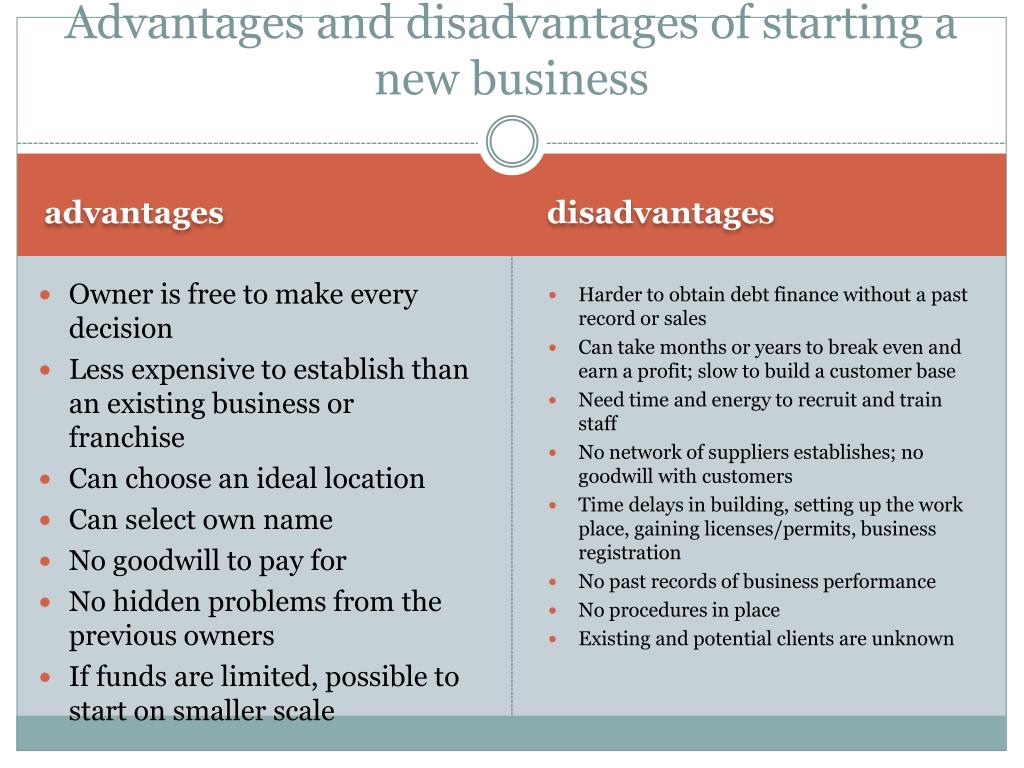
The allure of being your own boss, setting your own hours, and reaping the financial rewards of your hard work is a powerful draw for many. Starting a business, however, is a complex endeavor with significant advantages and disadvantages that prospective entrepreneurs must carefully consider.
This article explores both sides of the entrepreneurial coin, providing a balanced overview of the potential benefits and risks associated with launching a new venture. Understanding these aspects is crucial for making informed decisions and increasing the likelihood of success in the competitive business world.
The Upside: Advantages of Entrepreneurship
Financial Independence and Wealth Creation
One of the most compelling reasons to start a business is the potential for financial independence. Unlike a traditional job with a fixed salary, entrepreneurs have the opportunity to earn significantly more based on the success of their company. This can lead to greater wealth accumulation and financial security.
According to the Small Business Administration (SBA), small businesses are a major driver of job creation and economic growth, demonstrating the significant impact entrepreneurs can have on their own financial well-being and the broader economy.
Autonomy and Control
Entrepreneurs enjoy a level of autonomy and control that is often absent in traditional employment. They get to make their own decisions, set their own goals, and shape the direction of their company.
This freedom can be incredibly rewarding for individuals who value independence and the ability to pursue their passions. They have the flexibility to create a work-life balance that suits their needs and priorities.
Innovation and Impact
Starting a business provides a platform for innovation and the opportunity to make a real difference in the world. Entrepreneurs can identify unmet needs and develop innovative products or services to address them.
This ability to solve problems and create value can be incredibly fulfilling and have a positive impact on society. Many successful businesses started with the goal of solving a specific problem or improving people's lives.
The Downside: Disadvantages of Entrepreneurship
Financial Risk and Uncertainty
Starting a business involves significant financial risk. Many new ventures require substantial upfront investment, and there is no guarantee of success.
According to data from the Bureau of Labor Statistics, a significant percentage of new businesses fail within the first few years. This risk can be especially challenging for entrepreneurs who are bootstrapping or relying on personal savings.
Long Hours and Hard Work
Entrepreneurship often requires long hours and a significant commitment of time and energy. Especially in the early stages, entrepreneurs may need to work evenings, weekends, and holidays to get their business off the ground.
This can be demanding and lead to burnout if not managed effectively.
"The first few years are a grind," says Sarah Chen, a successful entrepreneur who founded a tech startup. "You have to be prepared to put in the work."
Stress and Pressure
The responsibility of running a business can be incredibly stressful. Entrepreneurs are responsible for everything from managing finances to hiring employees to dealing with customer complaints.
This pressure can take a toll on their mental and physical health. Dealing with the uncertainties of the market and managing cash flow can be constant source of anxiety.
Opportunity Cost
Starting a business also involves an opportunity cost. Entrepreneurs may have to forgo a stable salary and benefits to pursue their venture. They may also miss out on other opportunities, such as career advancement or personal development.
This is an important consideration for individuals who are weighing the pros and cons of entrepreneurship. Carefully assessing the financial and personal sacrifices involved is crucial before making the leap.
Conclusion
Ultimately, the decision to start a business is a personal one. While the potential rewards are significant, so are the risks. A thorough understanding of both the advantages and disadvantages is essential for making an informed choice.
Prospective entrepreneurs should carefully assess their skills, resources, and risk tolerance before embarking on this challenging but potentially rewarding path. Consulting with experienced business owners, seeking advice from mentors, and developing a solid business plan can increase the chances of success and help navigate the complexities of the entrepreneurial journey.

